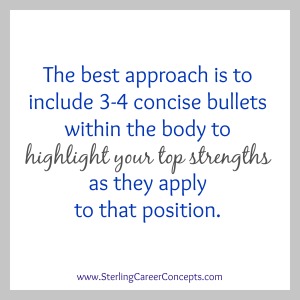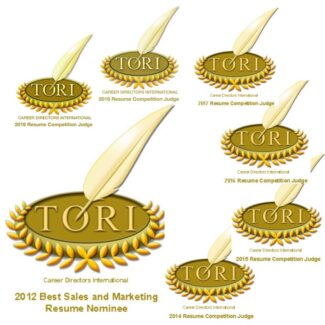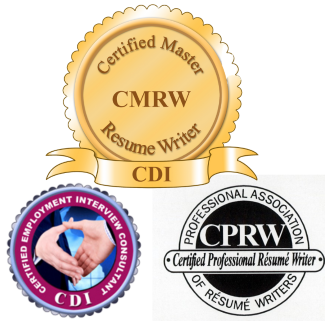Job seekers often wonder what goes in to writing a good cover letter. If I can teach you one thing about cover letter writing, let it be this: The least effective strategy is to focus on what you want out of a job or what your ideal job is. Consider the situation from the hiring manager’s perspective. An employer has posted a job and is collecting resumes and cover letters to fill an open position. They, quite frankly, don’t care about what you want. They care about whether or not your strengths are a good match with their needs.
To be effective, your cover letter needs to help solve the company’s problem of an open position. Giving the company a solution to its problem (by hiring you!) will make you appealing to the hiring manager. The right time to address your own needs and wants (salary, benefits, title, etc.) is after the company decides they want to hire you. That is when you have the most negotiating power.
That said, the best approach is to include 3-4 concise bullet points within the body to highlight your top strengths as they apply to that position. The key word here is “concise.” Further maximize the effectiveness of your letter by incorporating bold or italics sparingly to accent key phrases or concepts. Use formatting to your advantage to make it easy for a potential employer to decide if your resume should fall in the “A” pile.
Why bullets? Have you ever tried to concentrate on a full page of text? Assume the reader is busy. Using 3-4 bulleted statements in the body of your letter is much more reader-friendly than lengthy, run-on paragraphs. This is not the place to include your entire life story! Cover letters that are a full page (or longer) are not as likely to get read as shorter, more concise letters that cut to the chase. Choose your words carefully and purposefully.


